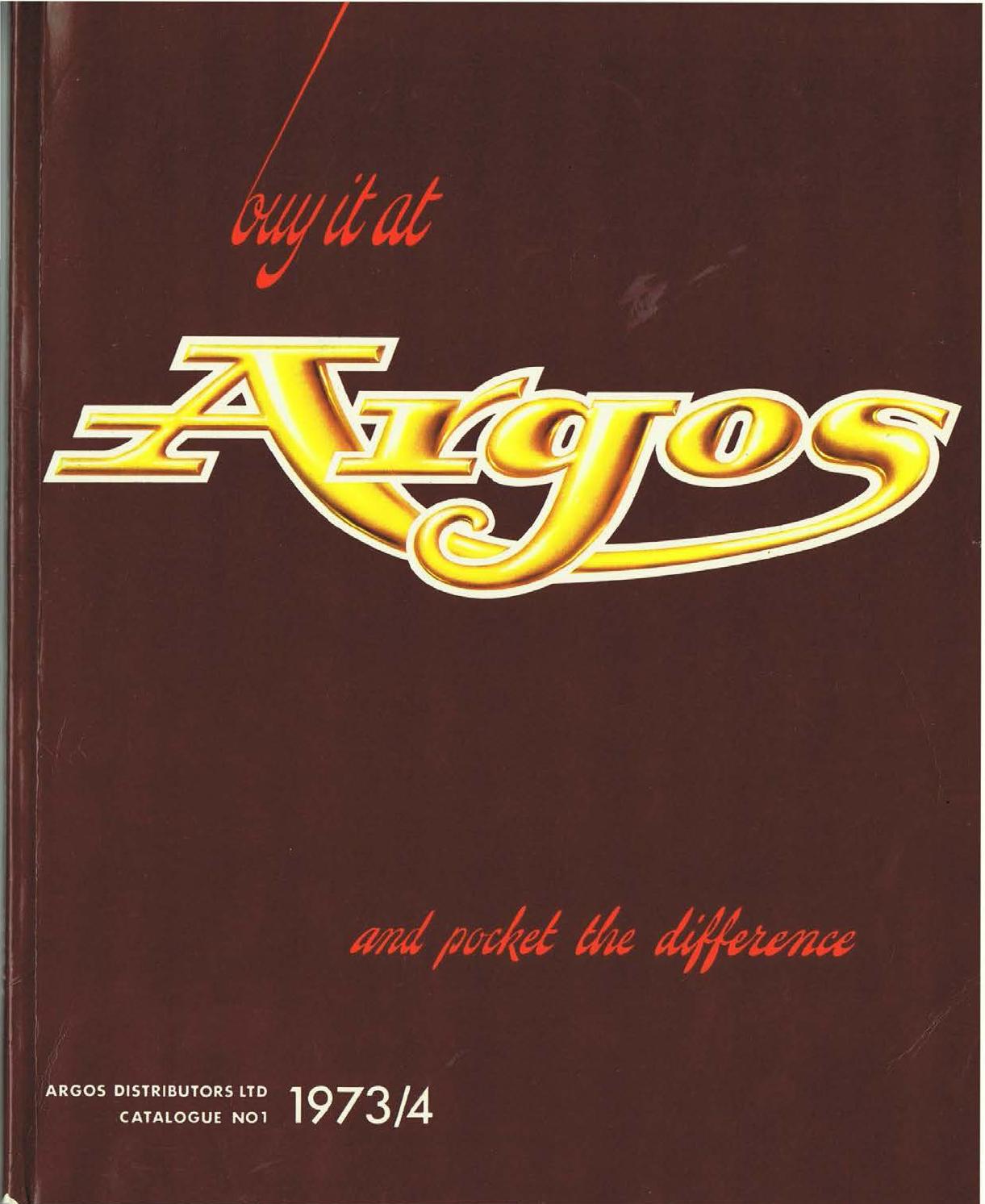Here are some of the 35mm SLRs you could buy in 1983, with a few other cameras in brackets. Very basic entry level back then was mostly Eastern Bloc stuff, heavy and old-fashioned. The higher profile Japanese brands started taking an interest at around £80, with the still popular, purely manual K1000. The Leica prices, as today, look crazy in comparison.
[Cosmic Symbol - £13]
Zenit ET - £30
[Olympus Trip - £40]
Praktica MTL-3 - £49
Fujica STX-1 - £50
Zenit TTL - £52
Cosina CT1G - £70
Pentax K1000 - £80
[Canon AF 35M Sureshot - £80]
Yashica FX-3 - £84
Nikon EM - £90
Pentax MG - £90
Canon AV-1 - £94
[Olympus XA - £95]
Olympus OM-10 - £95
Minolta XG-1N - £98
Minolta SRT 100X - £99
Konica TC - £100
Praktica B200 - £100
Yashica FX-D - £100
Chinon CE4 - £110
Fujica AX5 - £110
Pentax MX - £111
[Yashica 124G - £114]
Mamiya ZM - £120
Olympus OM-1n - £120
Pentax ME Super - £120
[Polaroid SX-70 - £120]
[Minox 35 GT - £126]
Minolta XG-M - £130
Olympus OM-20 - £133
Ricoh KR10 - £136
Canon AE-1 Program - £145
Nikon FM - £150
Nikon FG - £170
Olympus OM-2n - £170
Minolta X-700 - £180
Contax 139 - £190
Nikon FE - £190
Canon A1 - £200
Minolta XD7 - £205
Nikon FM2 - £200
Pentax LX - £300
Canon F-1N - £360
Nikon F3 - £380
Contax RTS II - £395
Rollei SL2000F - £710
Leica R4 MOT - £750
[Leica M4-P - £816]
[Hasselblad 500 C/M - £925]
All with a standard lens, typically a 50mm f/1.7 - F/2.0 for 35mm SLRs.
How affordable were they? Here are some prices from 1982 for comparison:
Inflation has made cars and gadgets cheaper but houses, football tickets and beer are far more expensive

www.thisismoney.co.uk
(the quoted average salary of over £7000 is higher than the ~£6000 I've seen elsewhere).
So that K1000 cost about as much as a Walkman, or 4 pairs of Levi 501s, and more than a family would spend on food in a fortnight, but less than a quarter of the price of a washing machine or colour TV.


